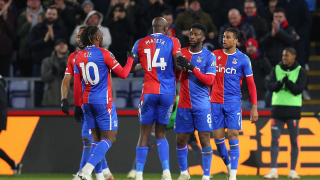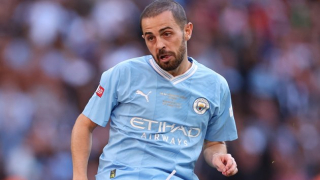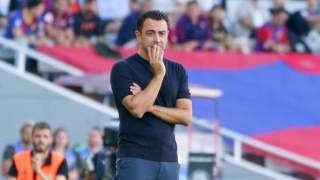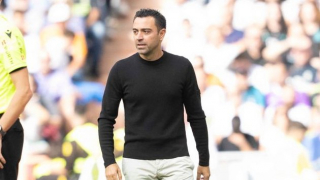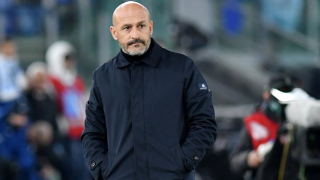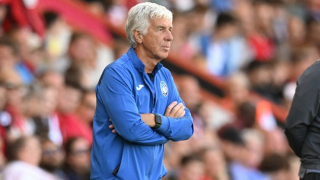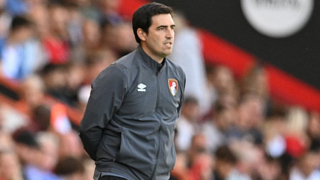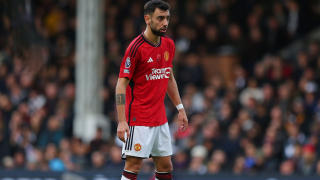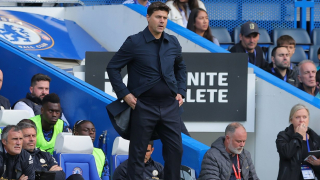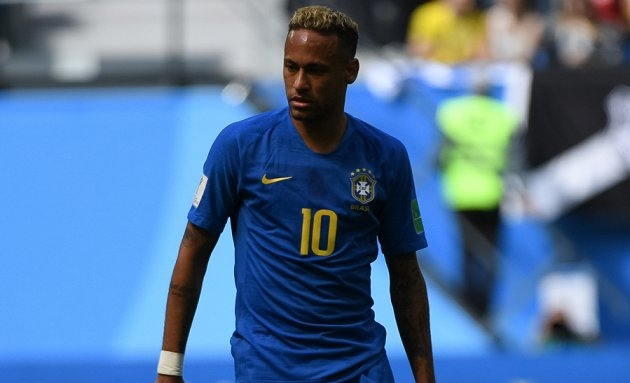The round of 16 matches might have been lower on goals than the group stages, but there was no shortage of drama. It's been a superb World Cup so far, and as we look forward to four mouth-watering quarter-final ties here are five things we learnt from the second round.
1) Southgate's re-sculpting of the England mentality has been successful
Whatever happens now, England have accomplished their mission. Memories of their first ever World Cup penalty shootout victory will last a lifetime; the image of Jordan Pickford's wrist forever etched into the collective consciousness. Gareth Southgate's team didn't just exorcise the ghosts of previous failures, they emphatically drew a line between that jaded, burdened England of the past and the determined, hungry England of the present.
Ever since taking the job Southgate has prioritised shaking off the failures that haunt the nation, his project aimed at setting up a brighter future for England while – subconsciously, perhaps – cleansing himself of that 1996 shootout miss. In repairing relations with the media, introducing modern tactics, and bringing through young players Southgate has revolutionised the Three Lions.
After overcoming the biggest vex of them all, it is no exaggeration to say that, regardless of England's performance against Sweden, Southgate has been the best England manager since Bobby Robson.
2) Brazil aren't invincible: their full-backs can be got at
The only pre-tournament favourite still in the competition are Brazil, and their assured 2-0 victory over Mexico suggests Tite's team are easing towards a sixth World Cup title. They look composed in possession and solid defensively, with individual moments of quality in attack enough to win them matches. If only Tite brought Roberto Firmino into the side they'd be almost unstoppable.
Almost, that is. Mexico's Hirving Lozano skinned Filipe Luis far too many times during the first half, largely because the Atletico Madrid left-back was without help – but also because he was caught flat-footed by Lozano's directness. Luis isn't used to playing in a team that dominates possession.
In the second period Lozano switched flanks and had the same impact against Fagner, who is clearly the weakest member of the first 11. Brazil's opponents must take note: attack bravely down the flanks and it is possible to cause significant damage. Marcelo may be back for the Uruguay game to replace Luis, but without match fitness his marauding forward runs will probably expose his team-mates.
3) Roberto Martinez is a better tactician than he's given credit for
Belgium's attacking 3-4-2-1 formation has many flaws, chiefly that it lacks a left wing-back and is too light in central midfield. Japan's narrow 4-4-2 was the perfect tactic to frustrate them; the two forwards sat on top of Kevin de Bruyne and Alex Witsel while the midfield four blocked the passing lanes to Eden Hazard and Dries Mertens. The Belgium centre-backs were stumped.
But Martinez switched to a lopsided 4-2-3-1 in the second half and brought Marouane Fellaini and Nacer Chadli on. The Manchester United midfielder was nominally a right winger but frequently drifted inside to act as a third central midfielder. From here, he could receive a pass and feed the forwards, providing a link from the back to the front that was absent in the first period.
Chadli was similarly effective, running directly at the Japan right-back and causing havoc with his crosses into the box. Martinez's substitutions changed the game; he is likely to stick with Fellaini, at least, for the Brazil match. They'll be tough to beat.
4) Spain's tiki-taka era is dead: Real Madrid are the model for the future
The most startling statistic from Spain's penalty shootout defeat to Russia was that Isco made 132 passes throughout the match but just 12 went forwards. Spain's passing was utterly pointless, lacking the tempo or verticality to cause any problems for a packed Russian defence. This, then, was the final nail in the coffin for tiki-taka, the foundation of Spain's approach for ten years.
Whoever takes over from Fernando Hierro will need to change the tactical system dramatically, and the best option is to pursue the sort of counter-attacking football that has defined Real Madrid over the last five years. The likes of Marco Asensio, Koke, and Isco are explosive footballers better suited to a faster, more direct style of play. It is time for a major rethink.
5) France have a new tactical blueprint to follow
Argentina were very accommodating opponents, playing with a wide-open midfield and no discernible system, but nevertheless France looked like a nation with a clear battle plan in their 4-3 triumph – which is a first at the 2018 World Cup. Didier Deschamps has struggled to come up with a tactical identity over the last two years, often constricting his players with conservative football at a time when quick young attackers are coming to the fore.
France sat deep against Argentina and absorbed pressure in typical Deschamps style, but crucially they broke very quickly via the astonishingly talented Kylian Mbappe. Paul Pogba's waywardness was curbed as part of the counter-attacking formation, while their full-backs' weakness was hidden by a more cautious approach (they rarely ventured forward). Deschamps now has a clear template for the rest of the tournament.

